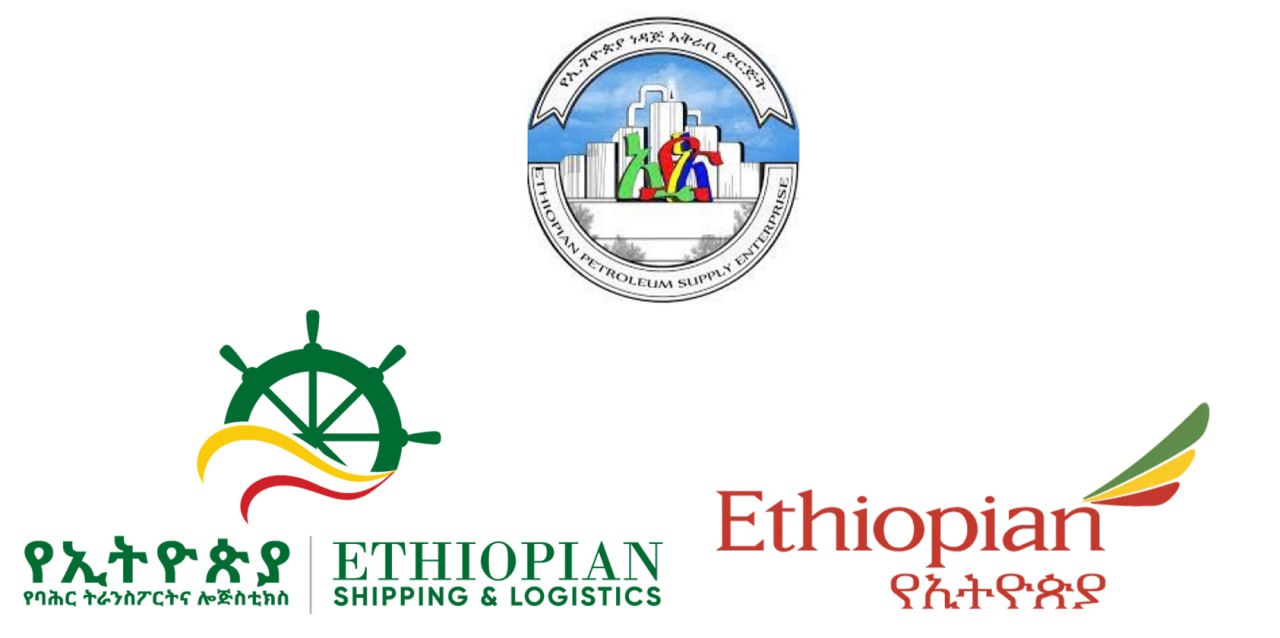In a significant move to streamline Ethiopia’s public finance management, the Ministry of Finance has issued Directive No. 1070/2025, establishing a uniform legal framework for procurement across all federal government enterprises. The directive, designed to replace fragmented and inconsistent procurement rules, aims to create cohesion in Ethiopia’s complex procurement system and address longstanding challenges noted by both local authorities and international creditors.
However, the new directive exempts three strategic state-owned giants—the Ethiopian Airlines Group, Ethiopian Petroleum Supply Enterprise, and Ethiopian Shipping and Logistics (ESL)—allowing them to continue operating under their existing procurement manuals until tailored guidelines are developed by the Ministry. This special exemption, outlined in Article 130, sub-article 2, recognizes the unique operational needs and market dynamics of these enterprises.
The directive represents a crucial step toward consolidating procurement practices under a single legal and regulatory framework, a necessity emphasized by various studies and government reviews. For years, the lack of a unified approach has created inefficiencies and inconsistencies, frustrating efforts to improve transparency and accountability within public organizations.
Central to this reform is the expanded role of the State Procurement and Property Authority, which will oversee capacity building and regulatory enforcement related to procurement and asset management among federal entities. The directive categorizes public enterprises into three sectors—financial, service, and manufacturing—each subject to specific procurement rules designed to fit their operating environments while maintaining overall consistency.
While the establishment of these standards has generally been welcomed, the exemptions granted to Ethiopian Airlines, the Petroleum Supply Enterprise, and ESL have sparked debate. Proponents argue the unique and complex nature of these organizations justifies flexibility. Ethiopian Airlines, for example, competes in fast-paced international markets where procurement speed and agility are imperative. Likewise, procurement in fuel supply and logistics involves specialized transactions tied to global markets, necessitating distinct operational procedures.
Critics warn that these exemptions risk undermining the directive’s core goals of transparency, equal opportunity, and standardized oversight. They emphasize the constitutional mandate for coordinated government action, referencing Article 54, which encourages inter-agency collaboration on such matters. Some experts suggest that the unified procurement jurisdiction under Ethiopian Investment Holdings could eventually harmonize purchasing across all government enterprises, potentially reducing costs and improving efficiency.
The directive’s journey toward implementation faced opposition from institutions within the service and financial sectors. However, consensus has since been achieved, and the directive is now in effect for all federal enterprises except the three exempted organizations.
Spanning 207 pages, the directive comprehensively delineates the responsibilities of various stakeholders—from the Procurement and Property Authority to the Boards of Directors and CEOs of public development organizations. It also includes practical tools such as contract agreement forms and the Performance Guarantee form, which clarifies obligations and liabilities for vendors and consultants.



